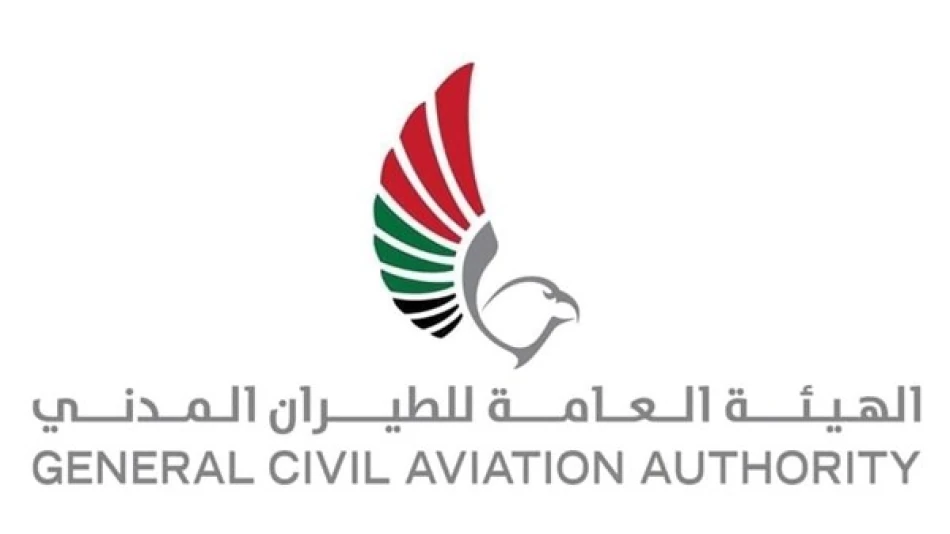
Civil Aviation Authority Launches Unified Portal for All Aircraft Operators
UAE Launches Digital Aviation Hub to Eliminate Bureaucracy and Streamline Airport Operations
The UAE General Civil Aviation Authority has unveiled FOKUS, a centralized digital platform designed to revolutionize how aircraft operators interact with aviation authorities across the Emirates. This ambitious initiative represents a significant step in the country's broader push to eliminate bureaucracy and position itself as a global aviation hub through digital transformation.
What is FOKUS and How Does it Work?
FOKUS serves as a unified gateway that consolidates operational approvals for UAE airports into a single digital platform. Rather than navigating multiple agencies and paperwork processes, both domestic and international aircraft operators can now access all necessary information, approvals, and regulatory updates through one centralized website.
The system connects various federal and local aviation authorities, creating an integrated ecosystem that promises to reduce processing times and improve compliance rates. According to Saif Mohammed Al Suwaidi, Director General of the General Civil Aviation Authority, the platform represents "a pivotal step toward digitizing operations and enhancing service efficiency."
Strategic Implications for UAE's Aviation Ambitions
Competing with Global Aviation Hubs
This digital transformation places the UAE in direct competition with other major aviation centers like Singapore's Changi Airport and Amsterdam's Schiphol, both of which have invested heavily in streamlining operator services. The timing is particularly strategic as the global aviation industry recovers from pandemic-related disruptions and seeks more efficient operational frameworks.
Economic Impact and Market Position
For investors and aviation companies, FOKUS signals the UAE's commitment to maintaining its position as the Middle East's premier aviation hub. By reducing administrative friction, the platform could attract more international carriers to establish operations in the Emirates, potentially boosting tourism revenue and cargo throughput.
The initiative aligns with the UAE's broader zero bureaucracy campaign, which has already transformed government services across multiple sectors. This approach has historically attracted foreign investment and business establishment, suggesting similar benefits for the aviation sector.
Implementation and Future Expansion
The current rollout represents only the first phase of FOKUS. Future iterations will integrate additional partners and regulatory bodies, creating what officials describe as a "comprehensive digital aviation environment." This phased approach mirrors successful digital transformation strategies employed by countries like Estonia and Singapore, where gradual integration prevented system overload while ensuring user adoption.
Engineer Aqeel Ahmed Al Zarooni, Assistant Director General for Aviation Safety Affairs, emphasized that the platform aims to "facilitate compliance, reduce processing time, and enable operators to easily access the latest regulatory updates."
Broader Regional Context
The launch comes as Middle Eastern aviation hubs intensify competition for international traffic. Qatar's Hamad International Airport and Saudi Arabia's emerging NEOM project represent significant regional competition, making operational efficiency a critical differentiator for the UAE's continued dominance in regional aviation.
For aircraft operators, this digital consolidation could translate into reduced operational costs, faster turnaround times, and improved regulatory compliance—factors that directly impact route profitability and operational planning decisions.
Most Viewed News

 Layla Al Mansoori
Layla Al Mansoori






